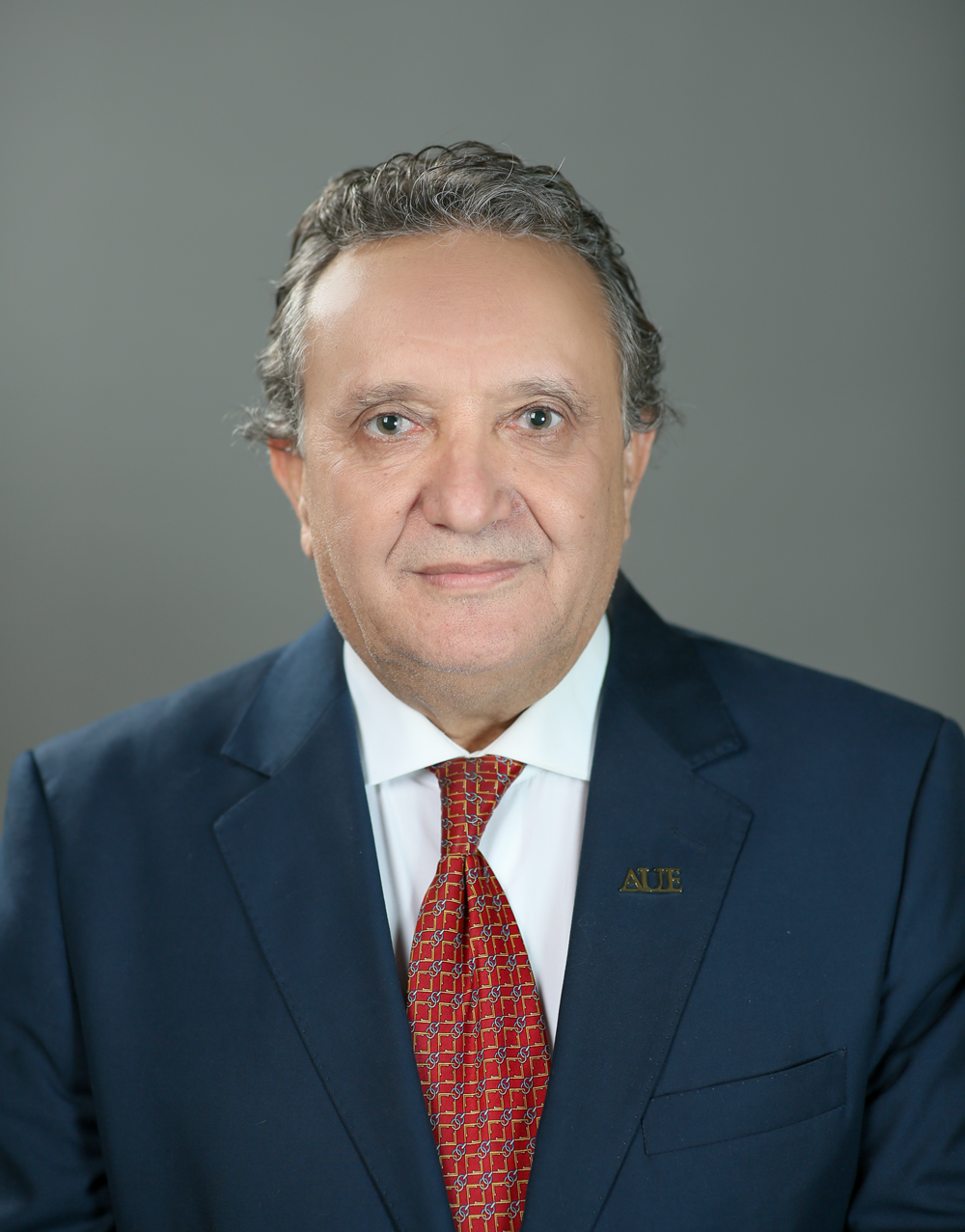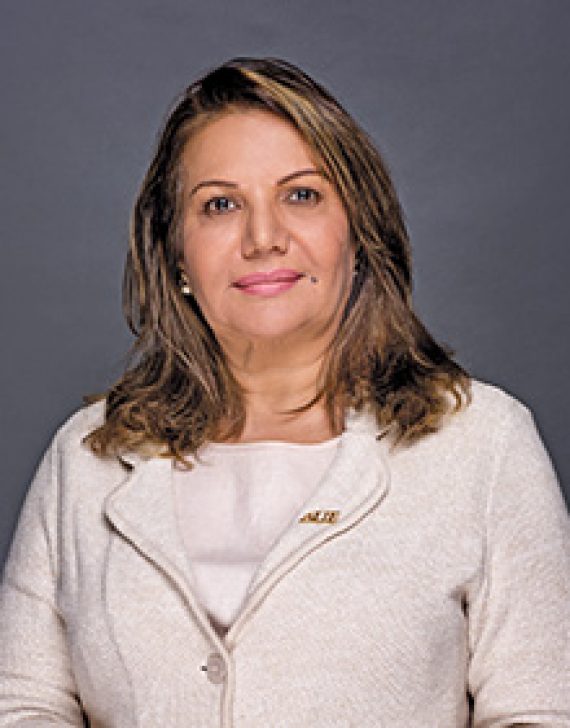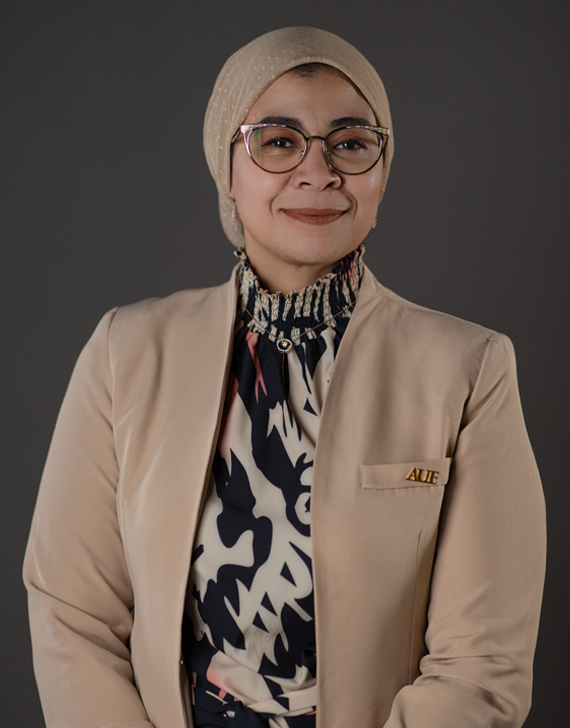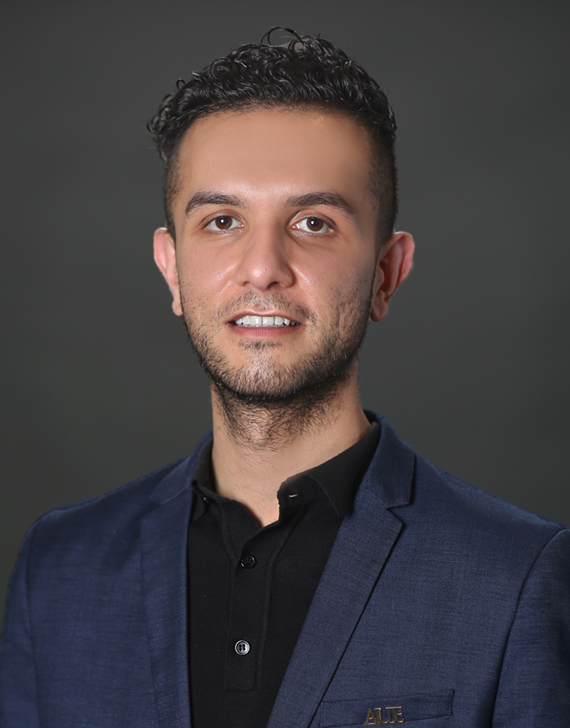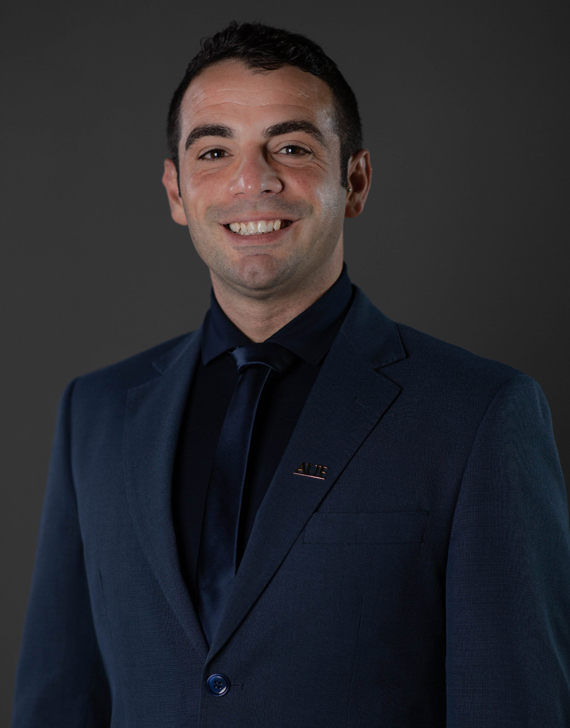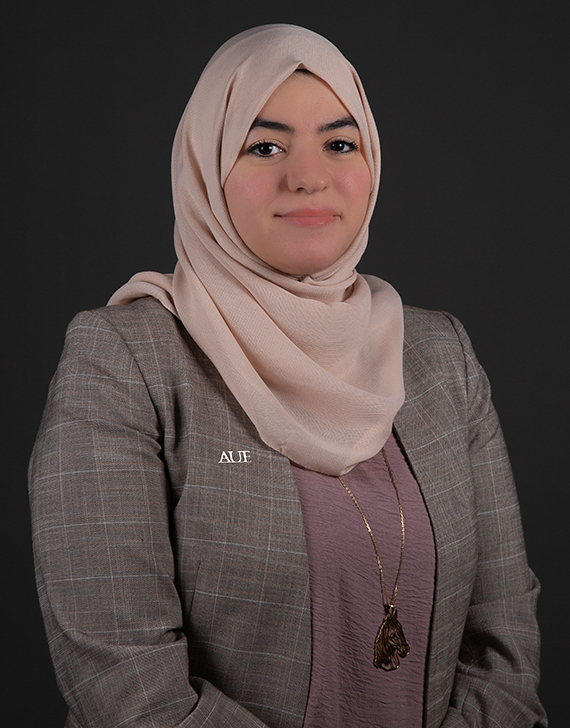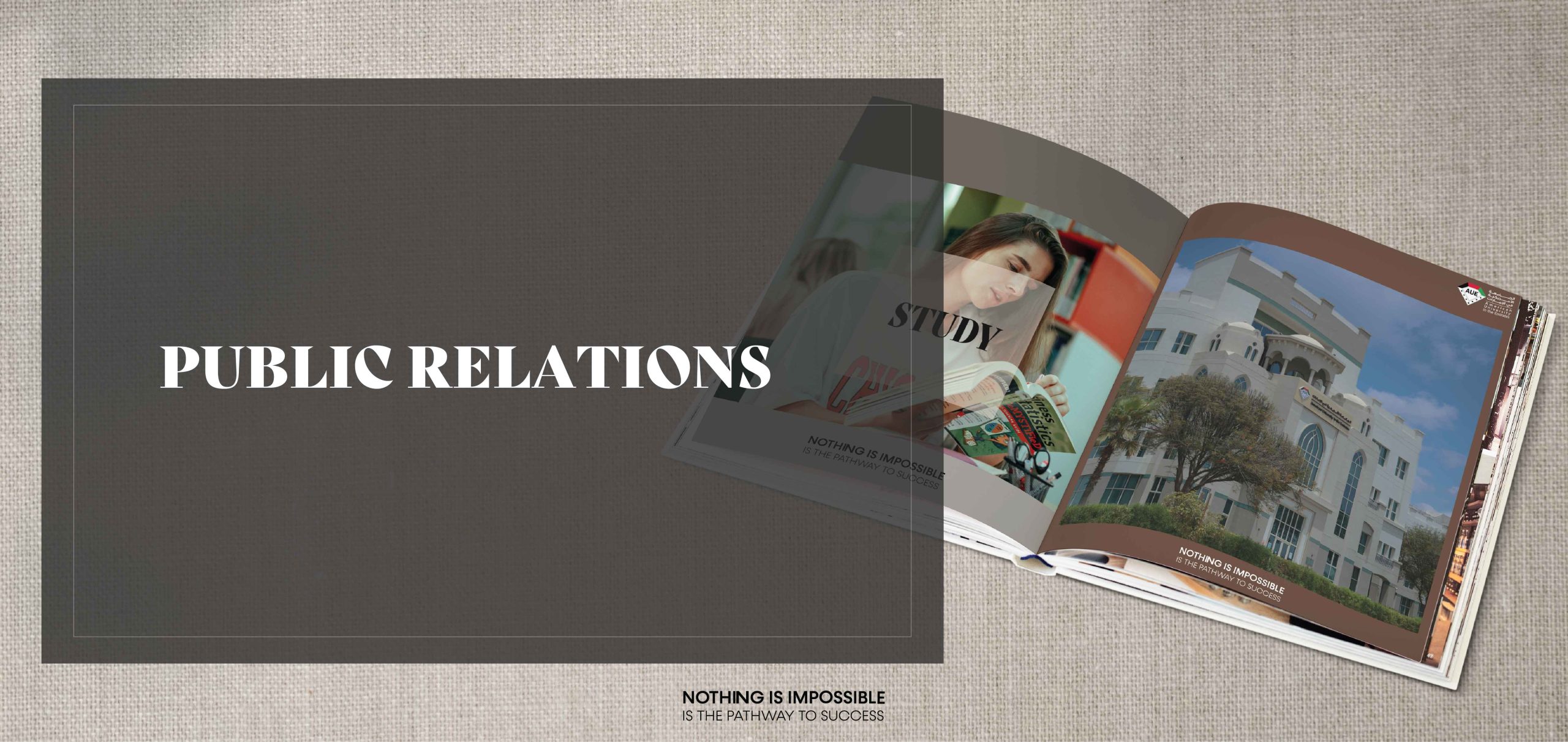
- Overview
- Specialization Structure
- Accreditations
- Faculty
- Admission
-
Duration
4 Years
-
Classes
Weekday Weekend
-
Fees
Tuition (One Semester) ……… Approx. 20,500 AED
One academic year is two semesters
Admission (One Time) ……… 3,150 AED
About Specialization
Become a master of storytelling and reputational management with our Bachelor of Arts in Media & Mass Communication – Public Relations program. Dive into the dynamic world of public relations and learn how to shape public opinion, manage crises and build strong relationships with key stakeholders. Gain practical skills in strategic communication, media relations, event planning and digital PR. Equipped with a degree in public relations, students can expect to find themselves in high demand across a range of industries, including corporatations, nonprofit organizations, government agencies and public relations firms. Enroll now and become a trusted communications expert, shaping narratives and creating lasting impressions.
Bachelor of Arts in Media & Mass Communication - Program Goals
- Equip students with the skills, knowledge, and competency to be professional practitioners in the field of communication.
- Equip students with comprehensive media understanding and involve them in community events to achieve social responsibility.
- Create a platform for research development to enable students to pursue life-long learning and advanced studies in mass communications-related disciplines.
- Provide students with the current industrial standards of their disciplines to meet market demand.
Bachelor of Arts in Media & Mass Communication - Program Learning Outcomes
- Demonstrate the ability to know, evaluate and apply basic mass communication messages in the communication theories.
- Effectively communicate with others in interpersonal, small group and public speaking situation.
- Capable to use appropriate research methods to answer relevant questions.
- Demonstrate sensitivity to the ethical issues to their practice.
- Ability to apply relevant theory to communication practice.
- Apply the integrated marketing communication principles, procedures and strategies.
- Ability to think critically about the relationship between mass media ,society and between nation-states.
- Use the various techniques and skills required for effective public relations, and suggest appropriate PR action plans with the cost and time.
- Apply successfully the appropriate concepts, knowledge, skills and theories of radio and television media.
Preparatory Courses
Prior to their enrollment in the program, students applying for Bachelor of Arts in Media and Mass Communication must sit for the placement test related to the program, failure to successfully passing the placement test, they are required to enroll in the following courses:
#
1
2
Course Code
CIT 90
ENG 99
Courses
Computer Preparatory
Academic Writing (*)
Credit Hours
0
0
Exemption Condition
Passing the Placement Test
Passing the Placement Test
Program Structure
Course Category
General Education Courses
Core Courses
Specialization Courses
Free Electives
Total
Total Number of Courses
19
9
11
5
44 Courses
Total Number of Credit Hours
57
24
30
15
126 Credit Hours
- General Education Courses
- Core Courses
- Specialization Courses
- Free Electives
A: University Core Requirements
The student selects 6 credit hours (2 courses) from the list below:
B: Languages and Communication Studies
The student must select 9 credit hours (3 courses) from the list below.
Students must take all of the following courses:
Students must take one of the following Arabic Language courses:
C: The Natural sciences or Mathematics
The student must select 6 credit hours (2 courses) from the list below:
D: The Social or Behavioral Sciences
The student must select 3 credit hours (1 course) from the list below:
E: The Humanities or Arts
The student must select 3 credit hours (1 course) from the list below:
F: Islamic Studies
The student must select 3 credit hours (1 course) from the list below
G: UAE Studies
The student must select 3 credit hours (1 course) from the list below.
This course is a fully developed introduction to the fundamentals of the theories that define the communication discipline and professions. This being journalism, public relations, multimedia productions, and s. Covering the main questions and theories emphasizing the emergence of mass communication in the UAE and the Gulf States (GCC) at large.
A course designed for the student interested in developing speaking skills. Emphasis will be placed on organization, supporting material, delivery, and audience analysis. Further attention is given to the study of social relationships and the communication process.
Students will be required to apply their insight about the subject by contributing on available social mediums and platforms through intuitive course projects. The course will investigate the connection amongst media and human conduct, and will examine how corporations are capitalizing through social mediums.
This course will provide the students with a comprehensive overview of writing for the Mass Media. The students are expected to understand the basic principles of writing for the mass media.
Pre-Internship is designed for students seeking an internship. The course will prepare students to successfully plan their internship by researching and identifying potential internship opportunities, creating professional resume and letter of introduction, developing interviewing and networking skills as well as a portfolio per industry requirements. Students will go through different learning modules including experiences, team work skills, communication skills, leadership skills, problem solving, self-management and professionalism to be able to make the most of their internship.
Internship is an experience external to the University for a student in a specialized field involving a written agreement between AUE/the Training and Continuing Education Centre and MMC Firms. AUE internship course provides experience related to each student’s academic specialization and the opportunity is open to all MMC students who have completed 90 Credit Hours, and who have a GPA of at least 2.00. The internship course is an ongoing seminar between the student, the faculty member, and the workplace/ employment supervisor at the end of which, each student presents his/her project to his/her class and the MMC faculty summarizing the internship experience and how it has influenced their education and career objectives.
This course provides the students with the basic knowledge base of public opinion and propaganda. Covering the discourse of Public knowledge, public policies and diplomacy. The main skills attained will enclose negotiation, critical analysis and knowledge in the public domain. Principally, the major components are the political and social aspect of public opinion and propaganda.
This course examines the role of the mass media in modern society and the influence of media institutions and messages on individuals, communities, and society. The course includes an overview of the basic methods associated with media research. Students will be asked to integrate theoretical knowledge into media research areas relevant to communication professionals today.
The Media Law and Ethics is a course which teaches the ethical and judicial issues in mass communication. Regulations concerning advertising, PR and journalism including the social media are also topical in this course. Issues such as censorship, libel, personal privacy, ownership of information will be leaned in a basic sense.
This course provides a historical background in television and radio, but quickly transitions into hands-on creation of audio and visual media for radio, television, podcasts, streaming video, series, films, social media, and beyond. Students will create a short narrative (fictional) video, a short documentary video, and will learn how to transform this media to be suitable on multiple platforms. There is a special focus on the Arab media landscape.
Writing in public relations is designed to provide students with diverse professional strategies of writing in public, relations with a particular focus on communication objectives, techniques, strategies, styles, and mechanics. Building on students’ knowledge of the principles of public relations, the course provides practical, real-world writing experience within different formats for a wide range of audiences. The student’s critical thinking and writing skill are predicted to improve over their study.
The course focuses on theory and principles of digital communications by developing a) digital strategies, b) conducting analytic audience research, c) design messages and drive behavior, and finally, d) selecting from a multitude of social media platforms to achieve their goals as digital communication consultants. The course will enable students to demonstrate a fundamental understanding in grasping digital communication principles and data-driven audience insight thereby increasing their positive sentiment by creating innovative social media programs.
This course focuses on the negotiation principles of communication, the significance of decision making in the age of digital and interactive media. Considerable attention will be placed on the role of negotiations in different public relations practices and the importance of decision-making in the different social contexts.
This course will focus on the important issues elaborate in creating and building the best personal brand. An inclusive overview of strategies and tactics implemented in building personal brand even-handedness and successful communication skills socially. The course will provide students with solid knowledge of the mechanisms adaptable the marketing as well as the competitive, and the challenging work environments. The course is designed to provide an understanding of the art of personal branding; individual soft skills such as leadership style, communication skills, and organization skills will be introduced in this course to prepare students to successfully complete this essential course.
This course is designed to introduce students to concepts and methods of strategic campaign planning, and to improve their knowledge of how strategic communication planning fits within the wider scope of organizational goals. This course is designed to provide students with solid work knowledge and experience in PR campaign practice and improve their overall skills in research, planning, organizing, managing time, and evaluation, as well as communicating with clients and colleagues in written form and in person. This course extends upon the study of public relations, by creating, evaluating, and critiquing public relations campaigns. Students will grow upon skills developed in basics and Principles of Public Relations and Communication to enhance their knowledge of the processes of planning, accomplishing, and evaluating strategic campaigns.
Focuses on crisis management communication, the significance of crisis management in the age of digital and interactive media, crisis management stages and processes, crisis management team. Considerable attention will be placed on: Crisis communication preparation, developing a crisis management plan, crisis response strategies and role of social media during crisis
Social change requires passion and engagement. The greatest ideas involve the right people in those efforts, and this is a form of strategic communication that will have a benefit to society. Thus, those who work in Public Interest Communications must be trained as professional public relations practitioners. In fact, Public Interest Communication will take the well-being of a community or population into consideration when developing PR Strategies and Tactics. In this course, students will learn effective communication as regards Public Interest Communication, such as those organizations that take on the particular cause of Public Interest Communication. The idea is to elevate the discourse of Public Relations above the monetary gain of the individual organizations and practitioners, for the betterment of society and all humanity. Students will gain knowledge and skills allowing them to become savvy practitioners in the development of Public Interest Communications, transcending the interests of a single individual. Course involves consideration of Public Health and Safety, Crisis Communication, Environmentalism, Climate, Media Accountability, and Security, etc., among others.
Research Methods in PR and Digital Communication is a course designed to engage students in strategic thinking, especially as it relates to the HWW (how, why, whom) of digital media interaction. As this course progresses, students should possess a working knowledge of fundamental research tools that are key to planning and evaluating communications for effectiveness. Students will increase their proficiency by understanding and using a multitude of social media and web tools. Students will also be able to utilize these principles to establish, monitor, and finally, evaluate communications programs. This course also focuses on a) research planning, b) theory, c) designing, d) sampling, e) surveying, f) experiments, g) focus groups, h) content analysis, and i) participant observation. Additionally, the course will focus on qualitative and statistical analysis, including the reporting of research with advanced technologies. During this course, students will use an existing company as a case study to deconstruct its communication mechanism to identify which areas can be improved upon and what benefits the company could reap changing its PR strategy.
The pre-capstone course is designed to prepare the students for the pre-production planning and processes for public relation projects and campaigns. The students will follow certain steps in the production process while identifying and presenting their idea, concept, and methodology. The students will have comprehensive knowledge about writing the capstone proposals, reports, presentations, and designing the ideas for the different PR campaigns.
Media and Mass Communication students are required to complete a three credit hour course on the Capstone Graduation Project. To be graduated, students are requested to demonstrate that they have developed capability and proficiency in the core knowledge of their specialization and can show capability in learning aptitudes in the four specializations. It will be a challenging and thorough adventure however the reward for undertaking a significant experience are enormous and will without a doubt give AUE graduates a capable begin in vocation they may pick. Moreover, English dialect and innovation capability should likewise be illustrated. The Capstone Graduation Projects ought to be as field-based contextual analyses. The Capstone Graduation Project is intended to give students a helpful working comprehension of the requirements and desires expected to move on from AUE.
Choose 15 credit hours from any other college/specialization with the condition that all the prerequisites of the chosen courses are met.
Recommended Study Plan
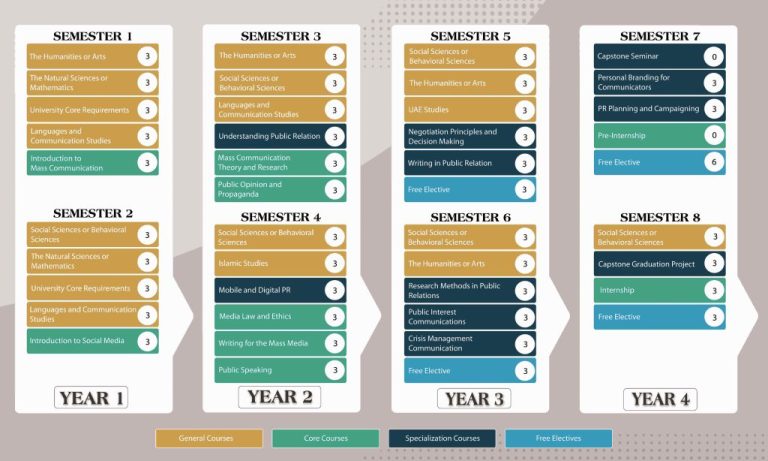
Accreditations
The American University in the Emirates is licensed by the UAE Ministry of Education – Commission for Academic Accreditation | caa.ae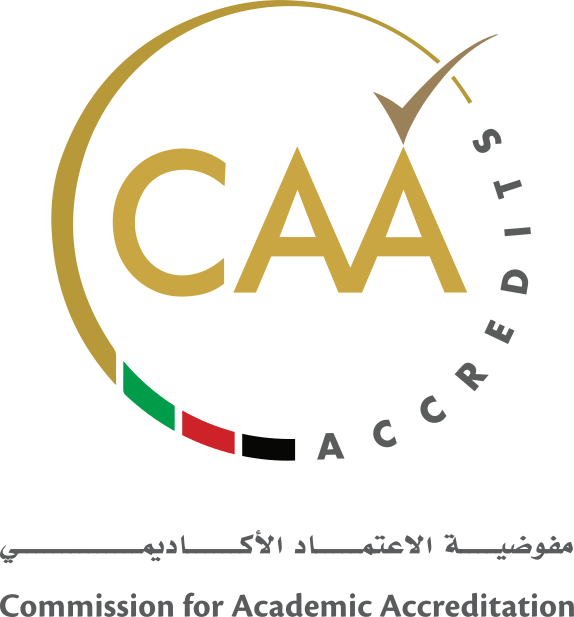
- For Admission Requirements for Freshman students (those who have just completed high school and have never attended an Institute of Higher Education before) click here
- For Admission Requirements for Transfer students (those who have studied at another higher education institution and would like to transfer their credits to AUE) click here
- For Admission Requirements for Visiting students (those who are currently enrolled in a different higher education institution and would like to take some courses at AUE as part of the study plan of their home university/college) click here
Joining the Program
- Fall Semester
-
September
-
Spring Semester
- January
- Summer Semester
- May
